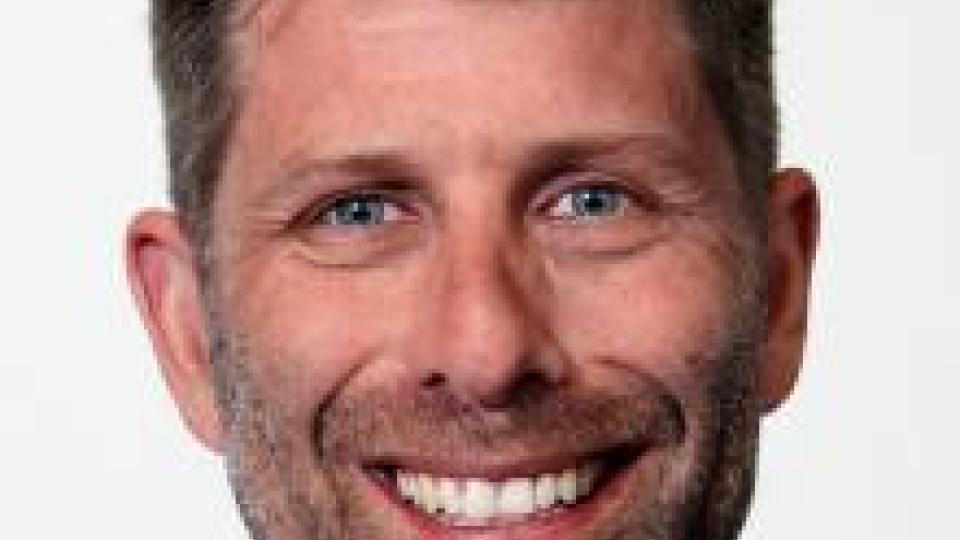Australia Day: Change the date

When Fremantle councillors voted in August last year to end the Australia Day fireworks display that it had been running for the last eight years, I fully expected a conservative backlash. But even I was surprised to see the decision featured in news bulletins for months on end.
On one level the whole thing is bizarre. Local governments are not obliged to do anything special on January 26 and most of them don't.
What drove the conservative media and Coalition politicians into a frenzy was the council's reason for doing dropping the fireworks display.
They are not too fussed by academics and progressive minded people acknowledging that modern Australia was founded on the violent dispossession of its Indigenous peoples when talking among themselves.
They do not care if Indigenous people themselves describe it as Invasion Day.
But an arm of government — even one as small as the City of Fremantle — disrupting the happy-clappy nationalist and racist narrative that they cling to was just too much.
If they had any smarts they would have taken the "ignore it and it will go away" approach. But they couldn't help themselves.
It had to be nipped in the bud and smashed to stop the contagion spreading. An example had to be made of the heretics. Thankfully, the full-throttle outrage has backfired on them.
The frothing of the Murdoch press was predictable.
The West Australian tried a slightly more subtle approach, with patronising editorials chiding us for our “well-meaning but misguided approach”. When that failed they resorted to cartoons ridiculing Mayor Brad Pettitt, portraying him as a naive little boy.
Despite being vilified and ridiculed the council has stood its ground and the longer the conversation has gone on, the more the it has shifted in favour of a re-examination of January 26. It has popping up everywhere, some of it prompted by the Fremantle Council decision, in other places we just helped it along.
Confirmation that the tide was flowing in the right direction was the Gruen segment on “selling the impossible” which chose changing Australia Day as the theme. Other examples are the petition for Triple J to change the date of its Hottest 100 and the Adelaide brewery that's released a beer under the label “First Nations – Change the Date”.
For its part, the City of Fremantle has replaced the fireworks with a free community concert on January 28 called “One Day in Fremantle” and including artists such as John Butler, Dan Sultan and Mama Kin. It does not pretend to be the new “Australia Day”, it is just a nice day in January for some inclusive events.
Importantly, the day will begin with a Nyoongar cleansing smoking ceremony at the Roundhouse, the place where many hundreds of Aboriginal prisoners were held on their way to Wadjemup (Rottnest Island), mostly to die.
Dropping January 26 as Australia Day, by itself, does not change the structural causes of Indigenous disadvantage or reverse the horrors of the past. But unless we can have an honest discussion about the past we will not be able to create a better future.
The national days of other countries, no matter how much they may be manipulated by politicians, often mark truly historic advances for humanity. Examples are the French revolution, South Africa’s Freedom Day and, for so many countries, their hard fought independence from a colonial occupier.
What about Australia Day?
Should we propose a different date or is the very purpose of such a day simply to cultivate mindless nationalism? Perhaps we should put it a different way.
Australia Day – or whatever it might be called – should be on the day that Australia becomes a republic.
A republic founded on a treaty (or treaties) with its Indigenous people that recognise that sovereignty was never ceded.
A republic with a bill of rights that recognises people’s right to housing, education and a livelihood.
A republic that recognises that human society needs to live in peace with the planet.
Our purpose in dropping January 26 should be to focus on the changes we need to make if want a more just and inclusive society for all.
[Sam Wainright is a member of the national executive of the Socialist Alliance and a Fremantle City Councillor.]